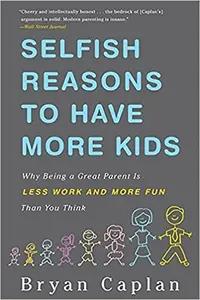Selfish Reasons to Have More Kids: Why Being a Great Parent is Less Work and More Fun Than You Think
By Bryan Caplan
Category
Self HelpRecommended by
"Selfish Reasons to Have More Kids" by Bryan Caplan challenges the prevailing notion that parents have a significant impact on their children's future success. Utilizing a wealth of research in behavioral genetics and economics, Caplan argues that parents may overestimate their influence, leading to unnecessary stress and sacrifice. He suggests that parents could relax, enjoy their lives, and have more children as a result.
The book explores the controversial concept that genes play a major role in shaping a child's outcomes, often overshadowing parental efforts. Caplan suggests that genetic factors ultimately determine a significant portion of children's abilities, personalities, and achievements. By acknowledging this reality, parents can alleviate some of the pressures they face.
Caplan highlights the concept that parenting choices have only marginal effects on children's lives. While showing love and providing a nurturing environment is crucial, many common practices, like strict discipline and expensive enrichment activities, may have minimal long-term impact on a child's success.
Furthermore, Caplan argues that a parenting style that focuses on personal happiness and well-being can benefit both parents and children. He encourages parents to make choices that align with their own interests and passions, without sacrificing their own happiness.
Drawing upon scientific evidence and personal anecdotes, Caplan challenges the prevailing parenting wisdom and confronts the guilt and anxiety that parents often experience. "Selfish Reasons to Have More Kids" offers a refreshing and thought-provoking perspective, reminding parents that they can enjoy their lives while raising children who have a great chance of thriving.
The book explores the controversial concept that genes play a major role in shaping a child's outcomes, often overshadowing parental efforts. Caplan suggests that genetic factors ultimately determine a significant portion of children's abilities, personalities, and achievements. By acknowledging this reality, parents can alleviate some of the pressures they face.
Caplan highlights the concept that parenting choices have only marginal effects on children's lives. While showing love and providing a nurturing environment is crucial, many common practices, like strict discipline and expensive enrichment activities, may have minimal long-term impact on a child's success.
Furthermore, Caplan argues that a parenting style that focuses on personal happiness and well-being can benefit both parents and children. He encourages parents to make choices that align with their own interests and passions, without sacrificing their own happiness.
Drawing upon scientific evidence and personal anecdotes, Caplan challenges the prevailing parenting wisdom and confronts the guilt and anxiety that parents often experience. "Selfish Reasons to Have More Kids" offers a refreshing and thought-provoking perspective, reminding parents that they can enjoy their lives while raising children who have a great chance of thriving.
Share This Book 📚
More Books in Self Help
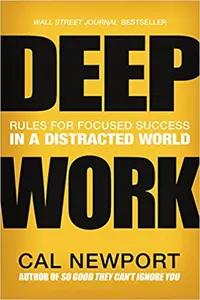
Deep Work
Cal Newport
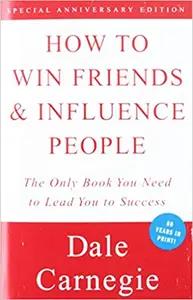
How To Win Friends and Influence People
Dale Carnegie
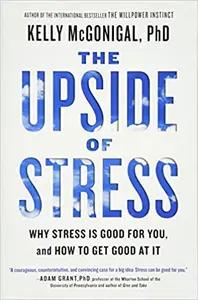
The Upside of Stress
Kelly McGonigal
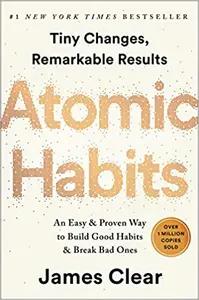
Atomic Habits
James Clear

Awakening Joy
James Baraz

Awareness
Anthony De Mello
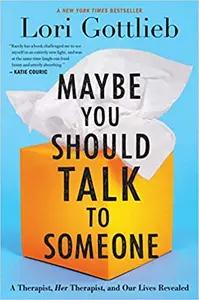
Maybe You Should Talk To Someone
Lori Gottlieb
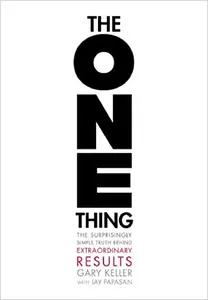
The One Thing
Gary Keller

The Untethered Soul
Michael A. Singer

Think Like a Monk
Jay Shetty
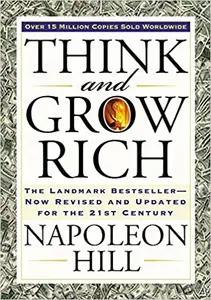
Think and Grow Rich
Napoleon Hill

Triumphs of Experience
George Vaillant

A Curious Mind
Brian Grazer
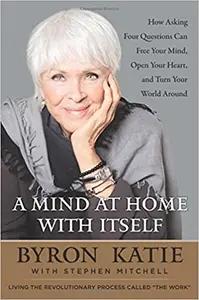
A Mind at Home with Itself
Byron Katie
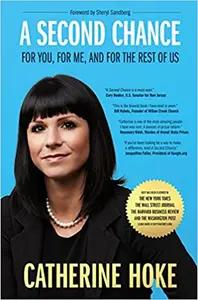
A Second Chance
Catherine Hoke

Absolute Tao
Osho
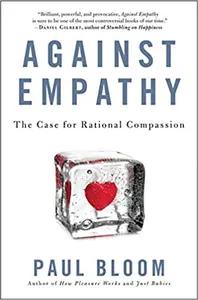
Against Empathy
Paul Bloom

As A Man Thinketh
James Allen
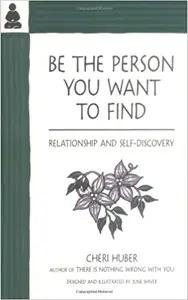
Be the Person You Want to Find
Cheri Huber
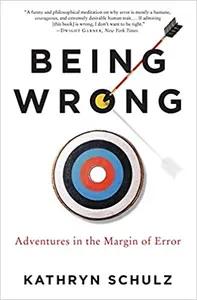
Being Wrong
Kathryn Schulz
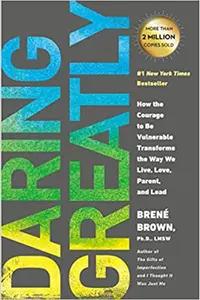
Daring Greatly
Brene Brown
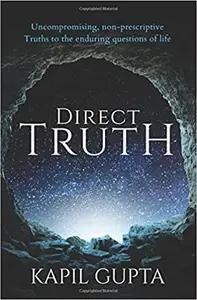
Direct Truth
Kapil Gupta

Dream Yoga
Andrew Holecek
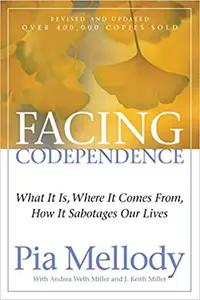
Facing Codependence
Pia Mellody
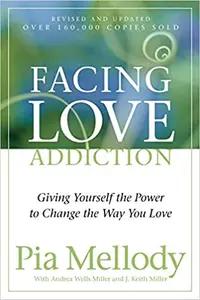
Facing Love Addiction
Pia Mellody
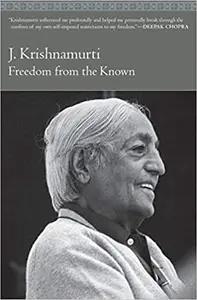
Freedom from the Known
Jiddu Krishnamurti
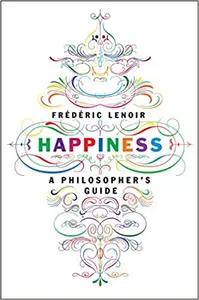
Happiness
Frederic Lenoir
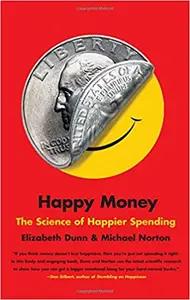
Happy Money
Elizabeth Dunn

Hell Yeah or No
Derek Sivers
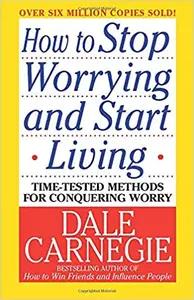
How to Stop Worrying and Start Living
Dale Carnegie
Popular Books Recommended by Great Minds 📚
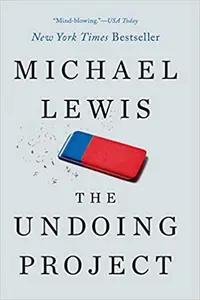
The Undoing Project
Michael Lewis
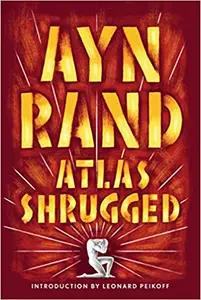
Atlas Shrugged
Ayn Rand
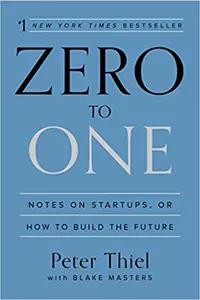
Zero to One
Peter Thiel

The Checklist Manifesto
Atul Gawande
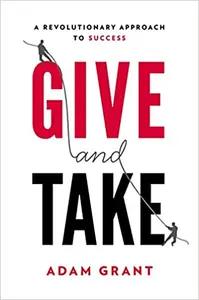
Give and Take
Adam Grant
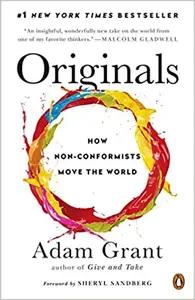
Originals
Adam Grant
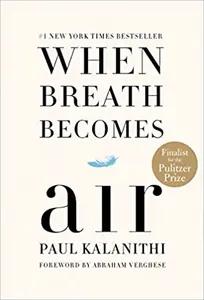
When Breath Becomes Air
Paul Kalanithi
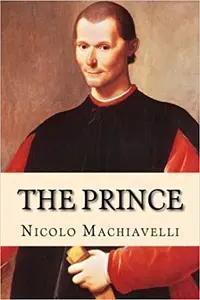
The Prince
Nicolo Machiavelli
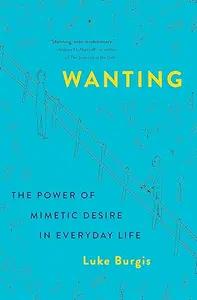
Wanting
Luke Burgis
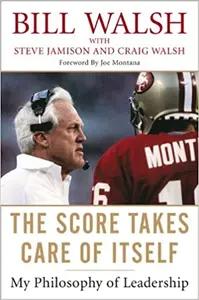
The Score Takes Care of Itself
Bill Walsh
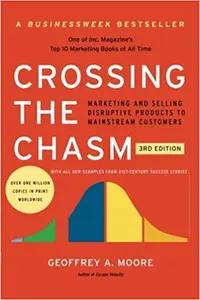
Crossing the Chasm
Geoffrey Moore
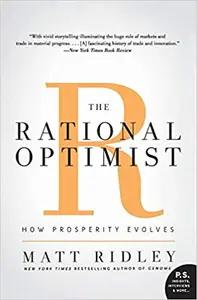
The Rational Optimist
Matt Ridley
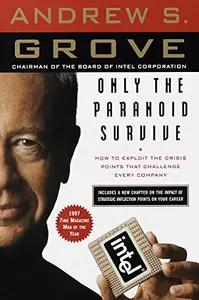
Only the Paranoid Survive
Andy Grove

Foundation
Isaac Asimov
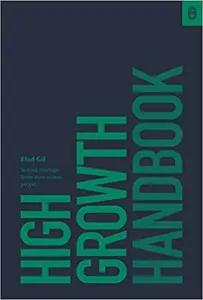
High Growth Handbook
Elad Gil
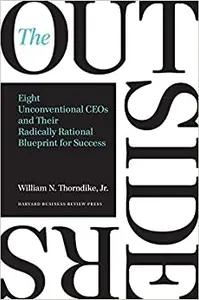
The Outsiders
William Thorndike
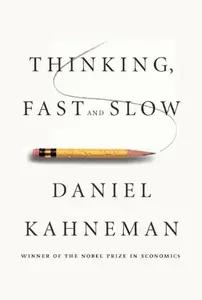
Thinking, Fast and Slow
Daniel Kahneman
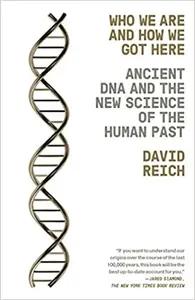
Who We Are and How We Got Here
David Reich

The Intelligent Investor
Benjamin Graham
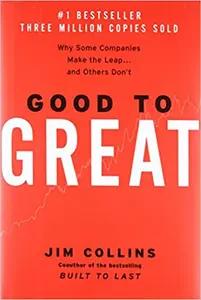
Good To Great
Jim Collins
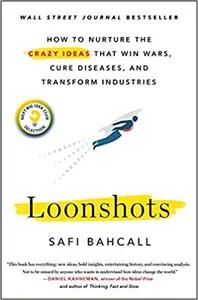
Loonshots
Safi Bahcall
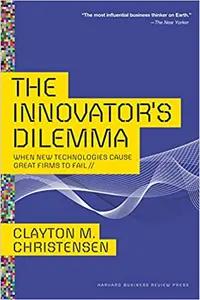
The Innovators Dilemma
Clayton Christensen

The Almanack of Naval Ravikant
Eric Jorgenson
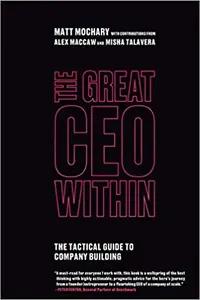
The Great CEO Within
Matt Mochary
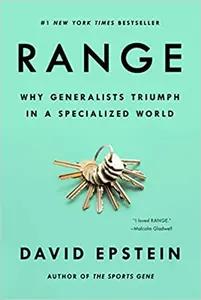
Range
David Epstein
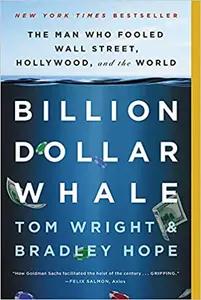
Billion Dollar Whale
Tom Wright
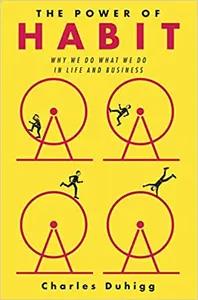
The Power of Habit
Charles Duhigg
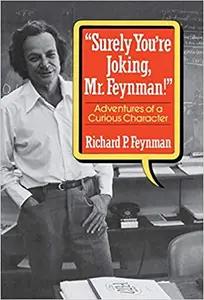
Surely You're Joking Mr. Feynman
Richard Feynman
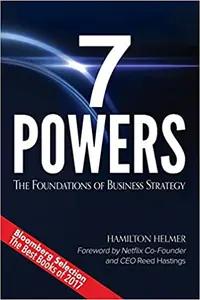
7 Powers
Hamilton Helmer
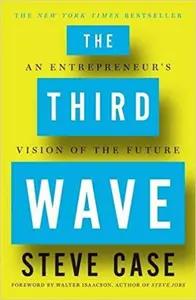
The Third Wave
Steve Case
